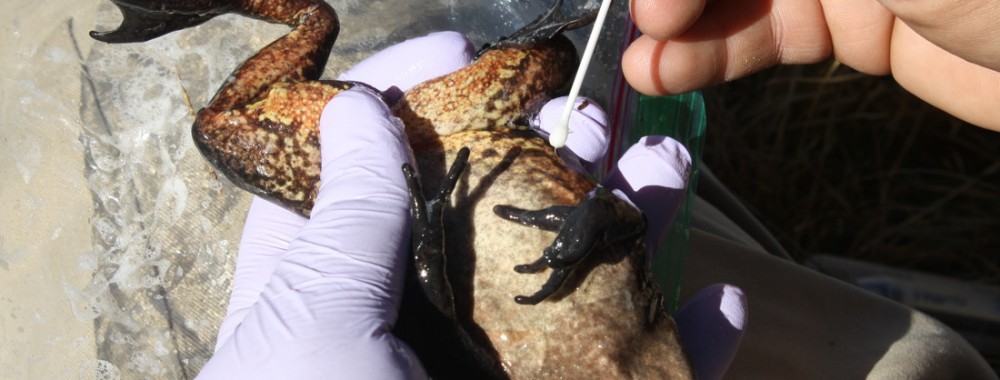Molecular Evolution of Pathogens

Molecular Evolution of Pathogens
(Project Manager: Carlos Flores López, Ph.D)
Molecular evolution is an area of research that uses the principles of evolutionary theory and population genetics to answer both basic and applied science questions. Basic science questions such as the description of sudden expansion events of certain protein families in human pathogens using information from human parasite genomes, or questions with an applied approach, such as the detection of highly conserved genes that nevertheless have sites under a strong selective pressure to change (ie positive selection) in human pathogen genomes, in order to detect good antigen candidates to develop neutralizing antibodies.
To date in the laboratory we have focused mainly on studying different aspects of molecular evolution in kinetoplastids (ie parasites that cause Leishmaniasis and Trypanosomiasis), in bacteria that cause tuberculosis (ie Mycobacterium bovis, and M. tuberculosis which is the pathogen that causes the highest number of deaths worldwide) and in the Batrachochytrium dendrobatidis fungus that threatens the vast majority of species of anurans worldwide and is currently considered the pathogen that has caused the greatest damage in any order of vertebrates in the history.
Any student interested in undertaking postgraduate studies in this line of research is encouraged to contact Dr. Carlos Flores via email at cflores2@uabc.edu.mx (http://www.carlosfloreslopez.com/)
















